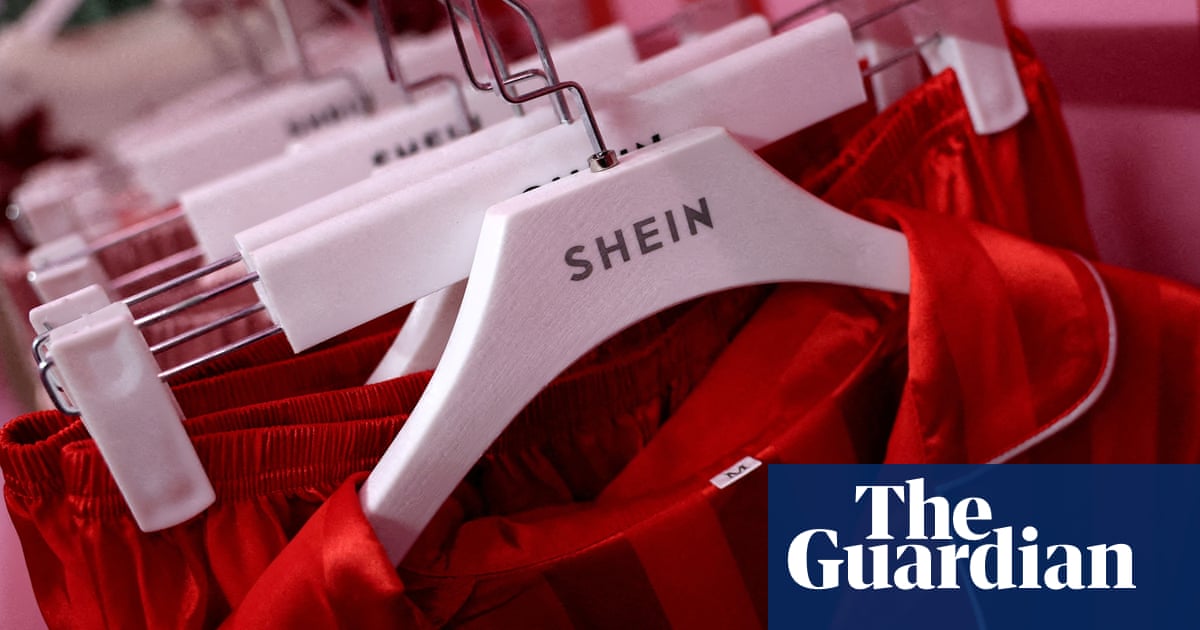Consumer watchdogs from 21 countries have filed a formal complaint to EU authorities about alleged “dark” practices by the Chinese fast fashion firmSheinincluding the “shaming” of customers into buying more than they can afford.
TheEuropean Consumer Organisation(BEUC) has submitted a 29-page dossier to the European Commission citing multiple examples of “dark patterns”, or deceptive techniques designed to encourage purchases.
They include alleged fake countdown timers, low-stock messages, nagging practices, creating a fear of missing out, or forced registration on the site or app.
BEUC says Shein also deploys what is known as “confirm shaming”, which makes the consumer feel bad if they miss out on buying a product.
Shein hit back at BEUC, claiming the consumer watchdog group was unwilling to meet the company to discuss the issues.
“This unwillingness to engage is extremely disappointing, particularly in light of Shein’s growing popularity among European consumers,” it said.
As part of its formal complaint, the consumer watchdog group wants the EU to force Shein to disclose the data behind claims used in its marketing such as “stocks are low”, and countdown timers to sales ending.
BEUC accuses Shein of “unfair commercial practice” that it claims are “leading to severe detrimental consequences on consumers and society at large”, creating wardrobes full of barely used clothes, and production methods that may use chemicals that are harmful to the environment.
It has also accused the company of promoting shopping habits that increase environmental and societal problems.
“On the one hand, they promote excessive spending and trigger economic losses for consumers. On the other hand, they stir overconsumption of clothing, which often also contains harmful chemicals, hence misleading and disempowering consumers in their efforts towards the green transition. Ultimately, these practices fuel the environmental and societal problems caused by the fast fashion industry,” it said in its submission.
If Shein could not provide the data behind its claims over countdown sales and stock levels, it should be forced to stop this message in the EU, BEUC said.
The consumer watchdog group has also raised concerns over the “circulation of unsafe products in Europe, which may not comply with EU standards for fabrics and accessories”.
The complaint comes four months after theEuropean Commissionand the network of consumer protection authorities in the EU known as the Consumer Protection Cooperation Network (CPC), launched an investigation into Shein’s compliance with Europe’s consumer laws.
Sign up toBusiness Today
Get set for the working day – we'll point you to all the business news and analysis you need every morning
after newsletter promotion
Last week, the EU and CPC network notified Shein it was breaching EU law in a number of areas including fake discounts, “pressure selling” and “deceptive product labels”, which suggest the product offered something special when in fact the feature was required by law.
They urged Shein to respect European consumer protection laws and warned the company could face fines if it failed to address the EU’s concerns.
BEUC said its complaint was complementary to the EU’s action and involved “additional evidence” about the use of dark practices and “extensive research from consumer groups across Europe”.
But Shein said: “Consumers would be best served if BEUC agreed to meet with us, allow us to explain our operations, and discuss openly and transparently any concerns they have. Unfortunately, they have chosen to reject each and every one of our many meeting requests over the last several years.”
The company added that it was already working constructively with national consumer authorities and the European Commission to demonstrate its commitment to complying with EU law.
